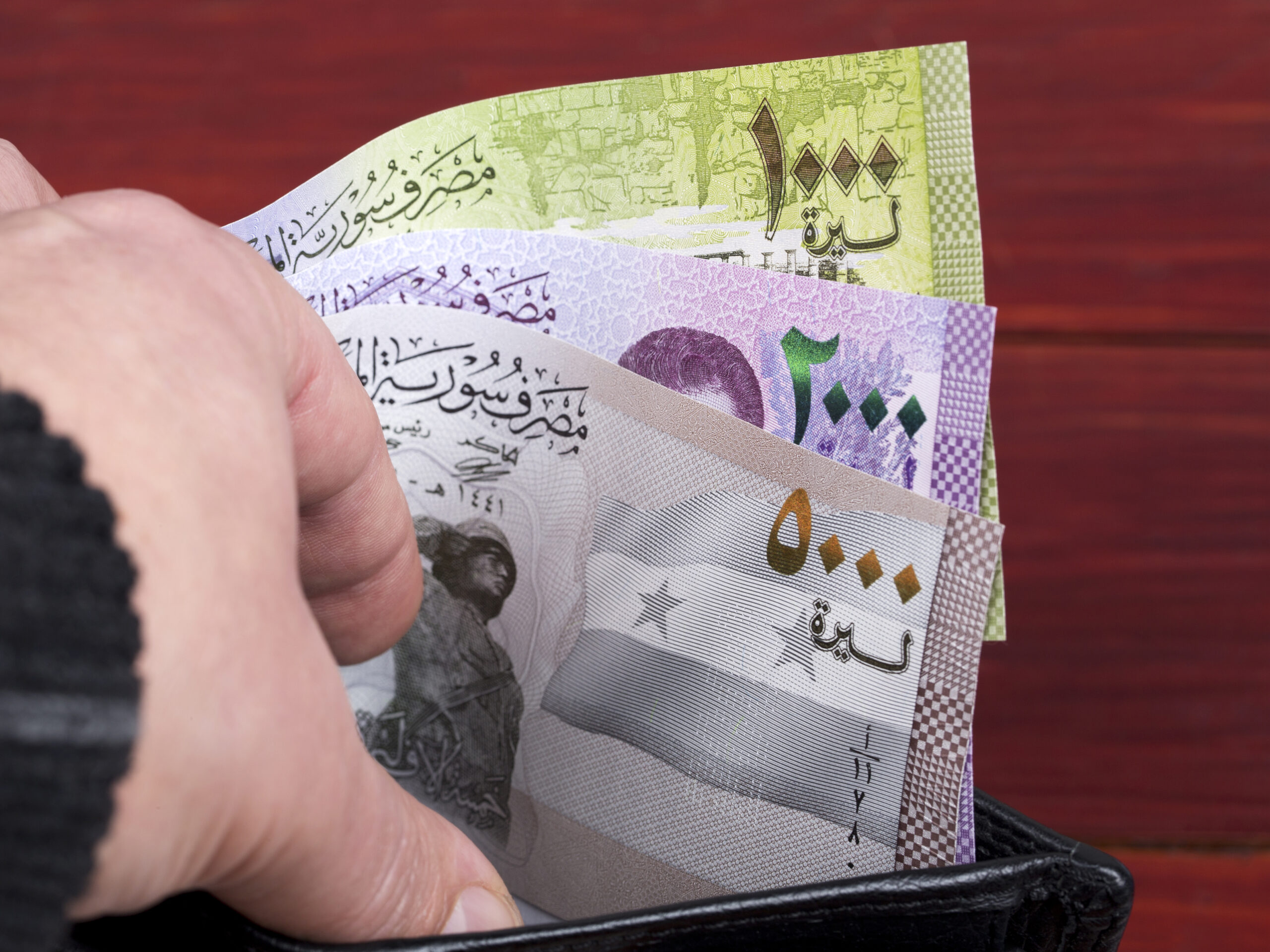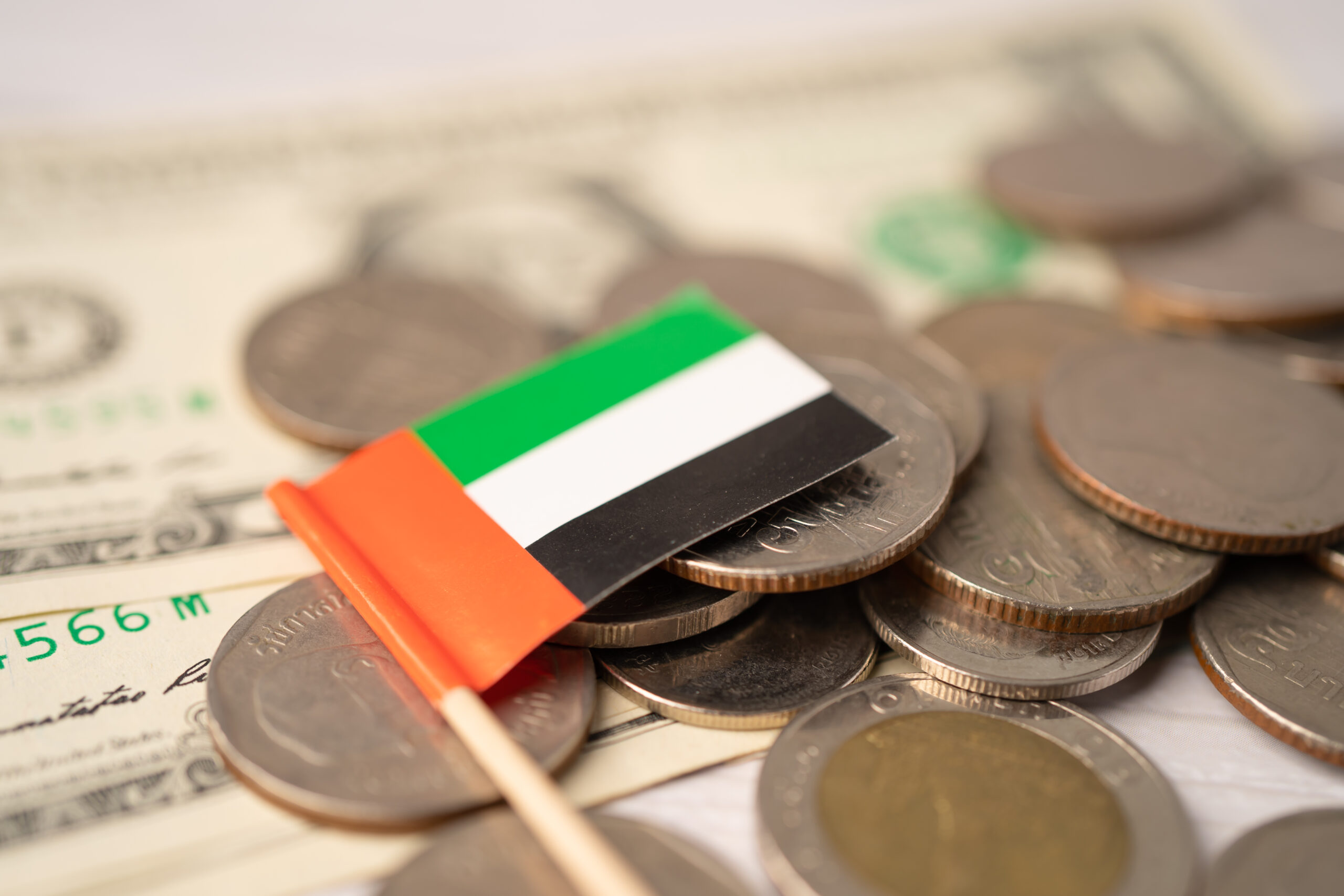Minimum wage is a critical aspect of any country’s economic and labor framework, serving as a baseline for ensuring workers receive fair compensation. Kuwait, a small but wealthy nation in the Gulf region, is no exception. As an economy heavily reliant on foreign labor, the concept of minimum wage holds significant importance in safeguarding the rights and welfare of workers, particularly expatriates. This blog delves into the intricacies of minimum wage in Kuwait, its implications, challenges, and the broader socio-economic context.

1. An Overview of Minimum Wage Policies in Kuwait
Minimum wage policies in Kuwait are primarily influenced by the country’s labor structure, which is predominantly comprised of expatriate workers. The government has set minimum wages for certain categories of workers, with a primary focus on domestic workers and those in low-income jobs.
As of recent updates, the minimum wage for workers in Kuwait’s private sector, excluding domestic workers, stands at KD 75 per month (approximately USD 250). For domestic workers, who constitute a large portion of the workforce, the minimum wage was set at KD 60 per month (approximately USD 200).
2. The Labor Landscape in Kuwait
Kuwait’s labor market is unique due to its heavy reliance on expatriates, who make up nearly 70% of the population. These workers predominantly occupy roles in construction, domestic service, retail, and other low-income sectors. The reliance on foreign labor has made it imperative to implement wage policies that protect these individuals from exploitation.
While the minimum wage offers a safety net, it also highlights a stark contrast between the earnings of expatriate laborers and Kuwaiti nationals, many of whom occupy higher-paying government positions.
3. Challenges with Minimum Wage Implementation
Despite having minimum wage laws, several challenges persist in ensuring their effectiveness:
- Lack of Enforcement: Many workers, especially those in domestic roles, report receiving wages below the mandated minimum due to inadequate enforcement mechanisms.
- Cost of Living: Although Kuwait is known for its tax-free income, the cost of living remains high, particularly for expatriates who often have to remit money to their families in their home countries. The current minimum wage barely covers basic necessities, let alone other expenses.
- Recruitment Agency Exploitation: Many expatriates arrive in Kuwait through recruitment agencies that charge hefty fees, often leading to debt bondage. This undermines the financial benefits of the minimum wage.
- Sectoral Disparities: The absence of a universal minimum wage across all sectors creates inequalities and leaves certain worker groups more vulnerable.
4. Socio-Economic Impacts of Minimum Wage

The minimum wage in Kuwait has both positive and negative socio-economic implications:
Positive Impacts
- Worker Protection: Setting a minimum wage helps reduce exploitation and ensures workers earn a baseline income.
- Economic Stability: Fair wages contribute to reducing income inequality and improving overall economic stability.
- Improved Living Standards: For workers who receive the mandated minimum, it can lead to slightly better living standards and financial independence.
Negative Impacts
- Business Constraints: Small businesses may struggle to pay the minimum wage, potentially leading to job cuts or business closures.
- Worker Shortages: Low wages might deter skilled expatriates from choosing Kuwait as a destination for employment, impacting sectors reliant on foreign expertise.
5. Comparative Analysis: Minimum Wage in the GCC
Kuwait’s minimum wage policies can be better understood in comparison to other Gulf Cooperation Council (GCC) countries:
- Saudi Arabia: The minimum wage for Saudi nationals is set at SAR 4,000 (approximately USD 1,066). However, for expatriates, no specific minimum wage is mandated, leading to varied earnings.
- United Arab Emirates (UAE): While there is no federal minimum wage, the UAE has recently introduced wage protection systems to ensure timely payment.
- Qatar: The minimum wage for all workers, including domestic workers, is set at QAR 1,000 (approximately USD 275).
Compared to its neighbors, Kuwait’s minimum wage is on the lower end, reflecting the need for a more comprehensive policy overhaul.
6. Recent Developments and Calls for Reform
In recent years, there have been growing calls for revising Kuwait’s minimum wage policies:
- Advocacy for Universal Minimum Wage: Several human rights organizations have urged Kuwait to implement a universal minimum wage that covers all workers, regardless of their sector or nationality.
- Focus on Domestic Workers: Domestic workers remain one of the most vulnerable groups. Despite the introduction of a minimum wage, many still face delayed payments, withheld salaries, or deductions for recruitment costs.
- Labor Law Amendments: There have been discussions about revising labor laws to include stricter penalties for non-compliance and better mechanisms for wage dispute resolution.
7. Recommendations for Improvement
To address the challenges and enhance the effectiveness of minimum wage policies, Kuwait can consider the following steps:
- Regular Wage Reviews: Establishing a mechanism to periodically review and adjust the minimum wage in line with inflation and living costs.
- Stronger Enforcement: Enhancing monitoring and enforcement mechanisms to ensure employers comply with wage laws.
- Worker Awareness Campaigns: Educating workers about their rights, including the minimum wage, to empower them to report violations.
- Universal Wage Policy: Introducing a universal minimum wage that applies across all sectors to reduce disparities and protect all workers equally.
- Support for Small Businesses: Providing subsidies or incentives to small businesses to help them comply with wage regulations without compromising their operations.
8. Conclusion
The minimum wage in Kuwait is a pivotal component of the country’s labor policy, aimed at protecting workers and fostering economic stability. While it offers a safety net for many, significant gaps remain in enforcement, adequacy, and inclusivity. By addressing these challenges and adopting a more holistic approach, Kuwait can ensure its labor market thrives while safeguarding the dignity and rights of its workforce.
As the nation continues to evolve, striking a balance between economic growth and worker welfare will be essential in shaping a fair and equitable labor environment. For more details please visit our Insights or Contact us at +965 22469006

